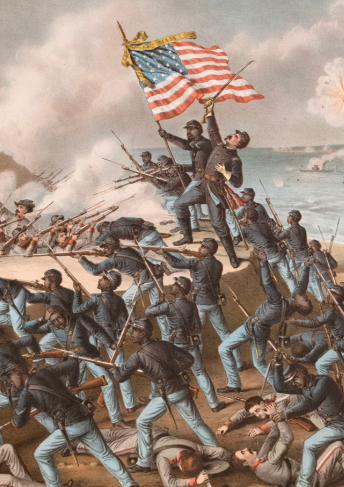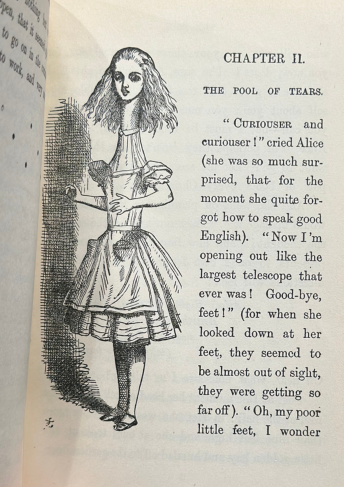‘Man is born free, and he is everywhere in chains’
Du contract social; ou, Principes du droit politique. Avec le Discours sur l’e’conomie [sic] politique. Par J.J. Rousseau, citoyen de Geneve.
Philadelphie [but Amsterdam? Zurich? Paris?]: chez John Robert, imprimeur du Congrès général, 1775.
Price: $4,500.00
About the item
First "American" edition. Engraved frontispiece portrait, engraved printer's device on title. [10], 240pp. Half-title. 1 vols. 12mo. ‘Man is born free, and he is everywhere in chains’. Nineteenth century pastepaper boards, a bit worn. Dufour 142; ESTC W507187 (locating only the example at Columbia). Not in Brunet, Evans, Bristol, or Shipton & Mooney. Not in Weller, Die falschen und fingirten Druckorte.
Item #329429
Mitch Fraas, in his Don't Believe that Imprint (blog post on June 13, 2013, http://mappingbooks.blogspot.com) cites an "explosive increase" of false American imprints appearing in Europe around the time of the American Revolution, particularly in French. "This boom," he writes "is closely related to the subject matter of the books. Many of those claiming American origin relate to the radical politics of the revolution, the nature of colonies, and the problems of empire. Adding 'Philadelphie' to the title page was likely done not necessarily to fool readers but as part of the overall textual impact of the work."
This was particularly true of Rousseau's The Social Contract in the context of the American Revolution. Beginning famously with the quote "Man is born free, and he is everywhere in chains', Rousseau's vision of freedom within a civil society demanded that governments ensured the rights and happiness of its citizens, a political theory which would profoundly affect the Founding Fathers.
This "American" edition is very rare, with no examples in the auction records and only a handful cited by OCLC.

![Du contract social; ou, Principes du droit politique. Avec le Discours sur l’e’conomie [sic] politique. Par J.J. Rousseau, citoyen de Geneve](https://jamescumminsbookseller.cdn.bibliopolis.com/pictures/329429.jpg?width=768&height=1000&fit=bounds&auto=webp&v=1645116251)
![Du contract social; ou, Principes du droit politique. Avec le Discours sur l’e’conomie [sic] politique. Par J.J. Rousseau, citoyen de Geneve](https://jamescumminsbookseller.cdn.bibliopolis.com/pictures/329429_2.jpg?width=768&height=1000&fit=bounds&auto=webp&v=1645116176)
![Du contract social; ou, Principes du droit politique. Avec le Discours sur l’e’conomie [sic] politique. Par J.J. Rousseau, citoyen de Geneve](https://jamescumminsbookseller.cdn.bibliopolis.com/pictures/329429_3.jpg?width=768&height=1000&fit=bounds&auto=webp&v=1645116219)


